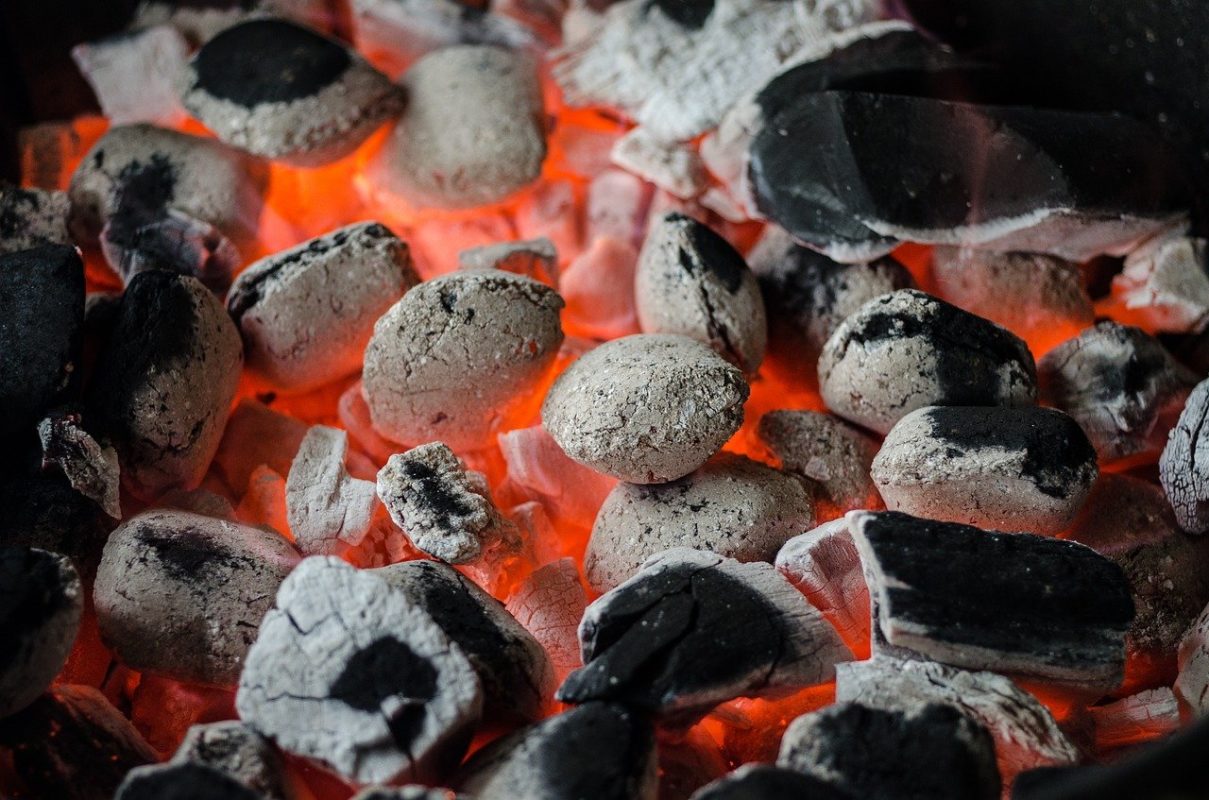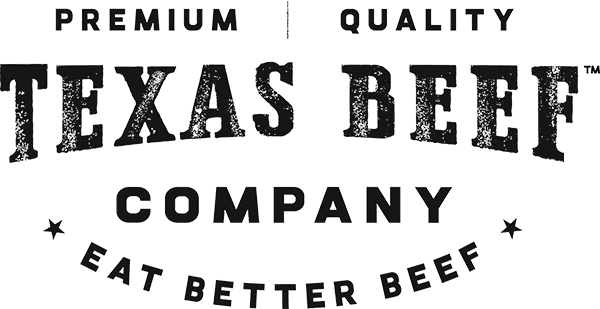Steak 101
Gas or Charcoal: Which is Better
May 1, 2021

Here in Texas, grilling is a way of life. So it’s no wonder that friendly conversations about gas vs. charcoal can quickly turn into passionate debates. In a perfect world, you would have both types of grill. Unfortunately, many people don’t have the space or the money to invest in both. So if you have to choose, which should you pick?
Gas or Charcoal Grill: The Differences
The obvious difference between gas vs. charcoal grills is the fuel used to produce the heat. However, there are other differences that need to be considered. Here are the main points:
Gas Grills
- Quick to light and easy to use. Just turn a knob and cook. Too hot? Turn a knob. Too cold? Turn a knob.
- There are models to fit most budgets.
- High-end units are packed with so many features. You could cook an entire meal on them and never need your kitchen again.
Charcoal Grills
- Require some skill to light and keep at the desired temperature.
- Will get hotter than gas grills.
- Need a bit more work to clean.
- Can easily add smoky flavors to your food.
These types of grill use the same basic principle to achieve the same end goal: fire cooks food. But to get there, they each work a little differently. Let’s start with gas.
Gas Grills: The Details
The Good:
- Gas grills use either propane or natural gas. Where it is available, hooking your grill up to your home’s natural gas line is a snap. If you do not have gas or lack an outside connection, you’ll need to purchase propane tanks.
- Once you’ve lit the grill, you can control the amount of gas that is burned by turning the temperature knobs. These regulate the amount of gas allowed through the valves, which in turn adjusts the temperature.
- Gas is prevalent because it’s fast and easy to use. Once you light it, the grill will be ready to cook on in just a few minutes. And when you’re done cooking, gas grills cool down quickly and are easy to clean.
- As mentioned before, adjusting the temperature using gas is as simple as turning a dial. There is a little bit of a learning curve to get to know your particular unit, but once you’ve used it a couple of times, you’ll be good to go.
But before you go out and buy a new gas grill, let’s look at a few of their drawbacks.
The Bad:
- You can fork out some serious cash on a gas grill. Unfortunately, the cheap models just don’t stand up to the quality of comparably priced charcoal grills.
- Although it is rare, propane tanks and natural gas lines can explode if not handled properly. While these days there are mechanisms to reduce the risk of this happening, it is still something to keep in mind.
Charcoal Grills: The Details
Every style of charcoal grill works in the same way. The heat from fire cooks your food. To control the airflow to the coals, you open and close vents, which control the temperature.
The Good:
- Charcoal grills are affordable and straightforward. In most cases, you’ll spend much less than on gas. This is due to simple designs and less complicated parts. You can pick up a small unit at hardware stores for as little as $5. Or you can also go full tilt and get a ceramic model with all the bells and whistles for over $1000.
- With the right know-how, most charcoal grills can also be used as smokers.
- Similarly, many professional chefs and pitmasters believe that charcoal and wood produce better tasting food than gas.
- Searing on a charcoal grill is much more effective because fire and coals naturally reach higher temperatures than gas alone.
Here on the ranch, we love cooking with charcoal, but it’s not for everyone.
The Bad:
- If you’re hungry right now, you’ll have to wait longer when cooking with charcoal. You need to light the coals and wait for them to ash over before you’re even ready to start cooking.
- Cleanup is more complicated when using charcoal. Not only will you need to scrap the grill, but you have to wait for the coals to die out, then you need to find a place to dump their ashes.
- You need to practice using the air vents to learn to regulate the temperature. Humidity, wind, and different methods of piling your coals all affect the heat of your grill.
- Some apartment and condo buildings do not allow charcoal grills.
There you have it! The pros and cons of gas vs. charcoal grills. Now that you are armed with more detailed information, which one will you choose? Let us know!
Check us out! We offer grass-fed, grain-finished, sustainably raised bulk beef and Premium Quality custom beef boxes. Each one is chock-full of all your favorite cuts. We also have tons of Texas Beef Company merchandise. Show the world that you Eat Better Beef!
